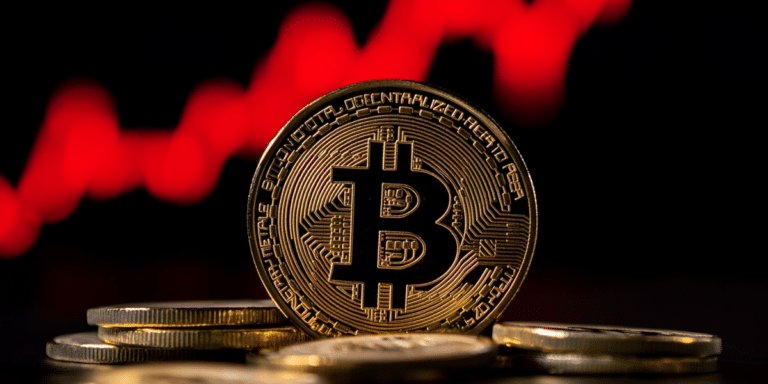Russian President Putin Signs Law Legalizing Cryptocurrency Mining
Russia Legalizes Cryptocurrency Mining with New Regulations Effective November 2024.
Key Takeaways:
- Russia has legalized cryptocurrency mining, effective November 2024
- Only registered Russian legal entities and entrepreneurs are eligible
- Individual miners can operate without registration but must stay within set energy consumption limits
Russian President Vladimir Putin has officially signed a law to legalize cryptocurrency mining in Russia, marking a significant shift in the country's approach to digital currencies.
The new legislation, set to take effect in November 2024, introduces a comprehensive regulatory framework for mining activities and digital asset trading in the country.
Russia Opens Doors to Crypto Mining with Landmark Law
The law, as reported by the Russian news agency TASS, introduces several key concepts into the Russian legal system, including digital currency mining, mining pools, and mining infrastructure operators.
The legislation recognizes mining activities as part of the turnover of digital currency rather than its issuance.
This crucial distinction will significantly impact the taxation and regulation of mining operations.
Building on this, President Putin emphasized the importance of this move during a recent government meeting, stating, “We need to seize the moment in establishing a legal framework for digital currencies.”
He highlighted the potential of cryptocurrencies to contribute to Russia's economic development, underlining the need for proper regulation and infrastructure.
The new law specifies clear eligibility criteria for cryptocurrency mining.
Related: How to get started with Bitcoin mining.
To engage in large-scale mining operations, only Russian legal entities and registered individual entrepreneurs are eligible, and they must register with the government through a state database.
In contrast, individual miners who operate on a smaller scale are exempt from registration requirements, provided their energy consumption remains below government-set limits. This tiered approach strikes a balance between the interests of large-scale operations and those of smaller, individual miners, fostering a more inclusive and equitable environment for all.
Furthermore, the law takes a proactive stance on protecting consumers from misleading information by placing a blanket ban on mass cryptocurrency advertising within Russia.
The Bank of Russia, the Ministry of Finance, and a select cabinet of ministers within the Russian government will oversee the newly legalized mining industry.
These bodies will work to establish more precise regulatory requirements in the coming months.
Trading of Foreign Digital Assets in Russia and Background of the Crypto Mining Legislation
The new legislation also permits trading foreign digital financial assets on Russian blockchain platforms.
However, the Bank of Russia retains the authority to ban the placement of certain assets if they are deemed a threat to the country's financial stability.
This provision allows flexibility in managing potential risks associated with foreign digital currencies.
The newly signed law is part of a broader crypto-related legislation in Russia.
On July 30, the State Duma (Russia's lower house of parliament) passed two significant laws, one on cryptocurrency mining.
The other law established a special experimental regime granting the Bank of Russia the power to allow authorized companies to conduct cross-border settlements and exchange trading in digital currency.
The second law, effective from September 1, establishes an experimental framework for digital currency operations.



